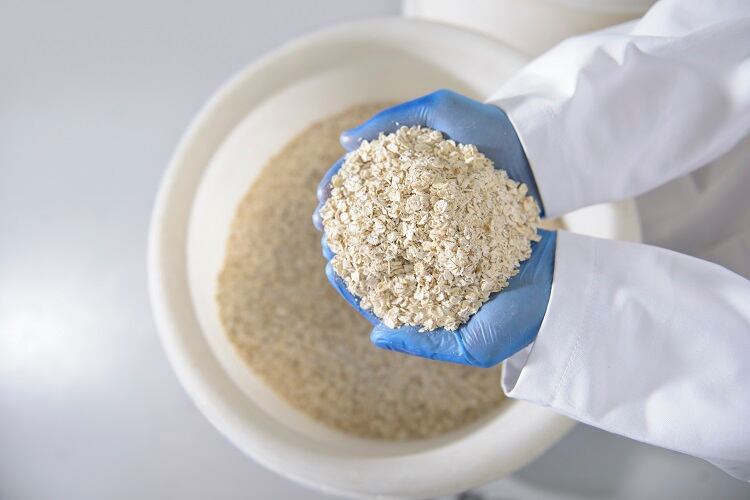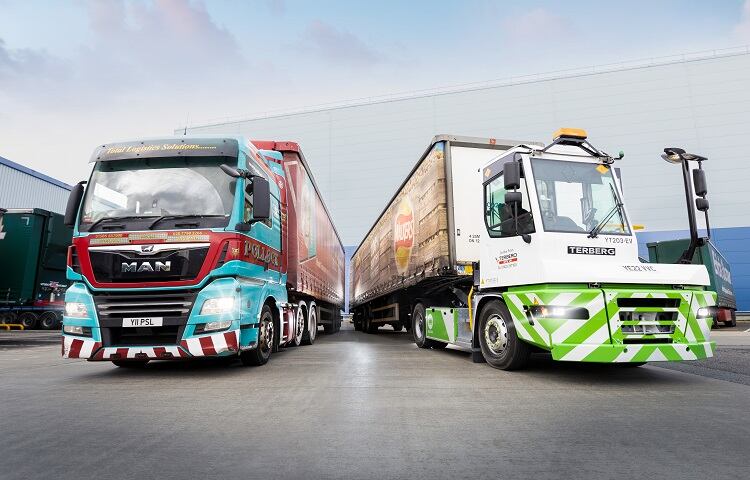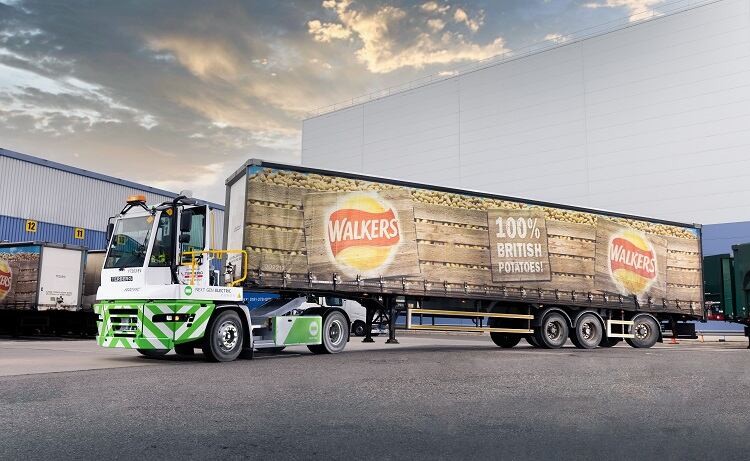According to recent findings, 19% of global food system greenhouse gas (GHG) emissions are caused by transportation – which is between 3.5 and 7.5 times higher than previously estimated. These numbers far exceed the transport emissions of other commodities.
If food manufacturers are to reduce their GHG emissions – and for those that have set them, achieve net zero targets – transport must be part of the solution.
Beverage and snacks major PepsiCo aspires to reach net zero emissions by 2040, and is rethinking its logistics strategy to help it get there. In the UK, a new set of ‘green’ logistics initiatives, to be fully rolled-out by the end of 2023, is estimated to save more than 1,200 tonnes of GHG emissions per year.
Replacing diesel with cooking oil
Starting this month, PepsiCo UK will power more than one million miles of truck journeys annually with used cooking oil. Working with PepsiCo’s haulage partner Pollock (Scotrans) Ltd, the Hydrogenated Vegetable Oil (HVO) will replace diesel for truck journeys between the Quaker Oat mill in Cupar and Leicester.
Every mile powered by HVO will have 80% less GHG emissions when compared with conventional diesel.
PepsiCo UK is sourcing the HVO fuel generated with used cooking oil from its third-party supplier but is investigating whether the company could eventually use its own supply. “Waste oil from our manufacturing sites [is] repurposed into fuel and we’re exploring how we can use this to close the loop in the future,” Simon Devaney, Sustainability Director at PepsiCo, told FoodNavigator.
“But thanks to our efficient processes we have very little waste, so it would not be enough to power our fleet.”

As HVO is a ‘drop-in’ fuel, it can be used as a direct replacement for diesel without any modifications to the vehicle. “There’s currently not enough supply to fill all trucks used by PepsiCo UK, however we’re working with our haulage partners to make the switch as quickly as possible,” Devaney explained.
The initiative is a first for PepsiCo in the UK, but the company is exploring ways to expand the use of HVO further.
Electric vehicles in Leicester
At the same time, PepsiCo is introducing electric vehicles to move pallets of Walkers crisps around its distribution centre in Leicester. The first in the fleet of electric yard vehicles was delivered earlier this month with plans to expand further in 2023.
“Using alternative fuels across our manufacturing and logistics operation is one key component in our plan to reduce our emissions footprint,” explained Devaney.
When these new initiatives have been fully rolled-out, PepsiCo UK estimates it will achieve a 1,200-tonne reduction in GHG emissions across its UK supply chain per year compared to current operations.

Other GHG emission-saving initiatives previously rolled out across PepsiCo’s UK manufacturing sites include the switch to 100% renewable electricity. Waste from producing Walkers crisps is used to make animal feed and biofuel, as well as fuelling the company’s anaerobic digestor. The anaerobic digester alone generates 25% of the electricity required to power the Leicester manufacturing site.
The company has also upgraded its Leicester distribution centre site to increase storage capacity, removing the need to transport product to and from off-site storage facilities. PepsiCo UK estimates this has resulted in a reduction of more than 300,000km of transportation – the equivalent of travelling around the world 15 times.
“This work in this area is never done, and we’re constantly exploring every possible solution to reduce our impact on the planet,” continued the sustainability lead. “These initiatives have huge potential, and we look forward to expanding the use of lower-emissions transport solutions across our UK operations.”
Last month, PepsiCo announced plans to remove 250 tonnes of virgin from its supply chain thanks to two packaging innovations.
A new stretch film was developed - to wrap around pallets of its Walkers crisps - made with 'tiny air bubbles' inside it to reduce the amount of plastic used. The company is also replacing plastic outer packaging of Walkers multipacks with a new cardboard design to further reduce the amount of virgin plastic used.



